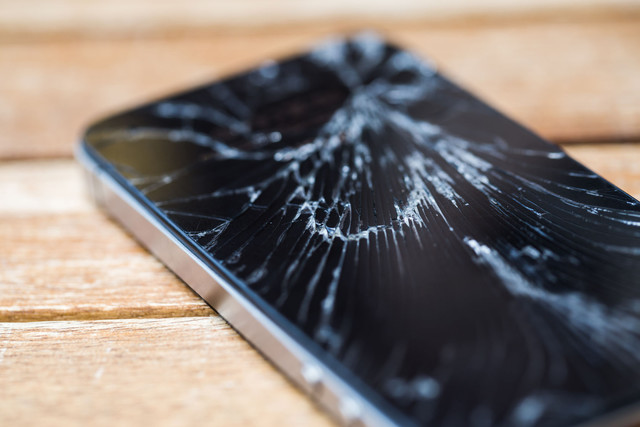Why it matters to you
Apple may prevent you from performing your own iPhone repair if it succeeds in blocking this legislation.
Legislation that would give phone buyers and third-party repairers the legal right to purchase spare parts is under fire from iPhone maker Apple, which claims the so-called “right to repair” would put consumers at risk. Back in February, the company’s lawyers opposed a Nebraska bill that would allow consumers to repair their own phones, and are now lobbying alongside Verizon against a similar bill in New York.
The news comes from Motherboard, which lists a variety of companies, from phone insurance firm Asurion, to Toyota and even construction equipment manufacturer Caterpillar, that have spent money in an effort to crush the bill before it reaches a vote in New York’s Senate and Assembly. Unlike most states, New York legislature requires lobbyists to disclose their activities in the public record.
Since the beginning of 2017, these companies have spent upwards of $366,000 to maintain pressure on state lawmakers — and New York and Nebraska are hardly the only places where this is happening. Minnesota, Massachusetts, Kansas, and Wyoming, Illinois, and Tennessee are also considering the passage of “right to repair” bills, thanks in large part to aggressive lobbying on behalf of the repair industry.
Repair.org, a trade organization of independent shops which argue they’ve been harmed by monopolizing manufacturers, hopes that getting a single state to pass a right-to-repair bill will pressure manufacturers to cede the legal point.
It cites the car industry as precedent: “In 2012, a Massachusetts law guaranteeing the right to repair automobiles became de facto national legislation after car manufacturers decided to comply with the law nationwide rather than continue to fight burgeoning legislation in other states.”
But Repair.org’s efforts have so far proven unsuccessful. Apple and computing behemoth IBM played a role in shutting down a similar bill in New York. Last year, industry lobbyists told lawmakers in Minnesota that broken glass could cut the fingers of consumers who try to repair their screens. Tractor manufacturer John Deere opposed the Kansas effort in a vehement letter to legislators, arguing that such bills could result in “unintended alterations” and damage “consumers’ significant investment in equipment.”
Another prominent talking point for the opposition concerns the danger of lithium batteries.
That said, there appears to be a growing appetite for right-to-repair legislation nationwide. In January, the American Farm Bureau Federation, an influential political organization representing farmers, officially endorsed the legislation.
Gay Gordon-Byrne, executive director of Repair.org, dismissed manufacturers’ criticism of the proposed bills. “They should want to give people as much information about how to deal with a hazardous thing as they can,” Gordon-Byrne said. “If they’re concerned about exploding batteries, put warning labels on them and tell consumers how to replace them safely.”
Article originally published by Kyle Wiggers on o2-15-2017. Article updated on 05-19-2017 by Adam Ismail: Added reports of lobbyists opposing a similar bill in New York.

